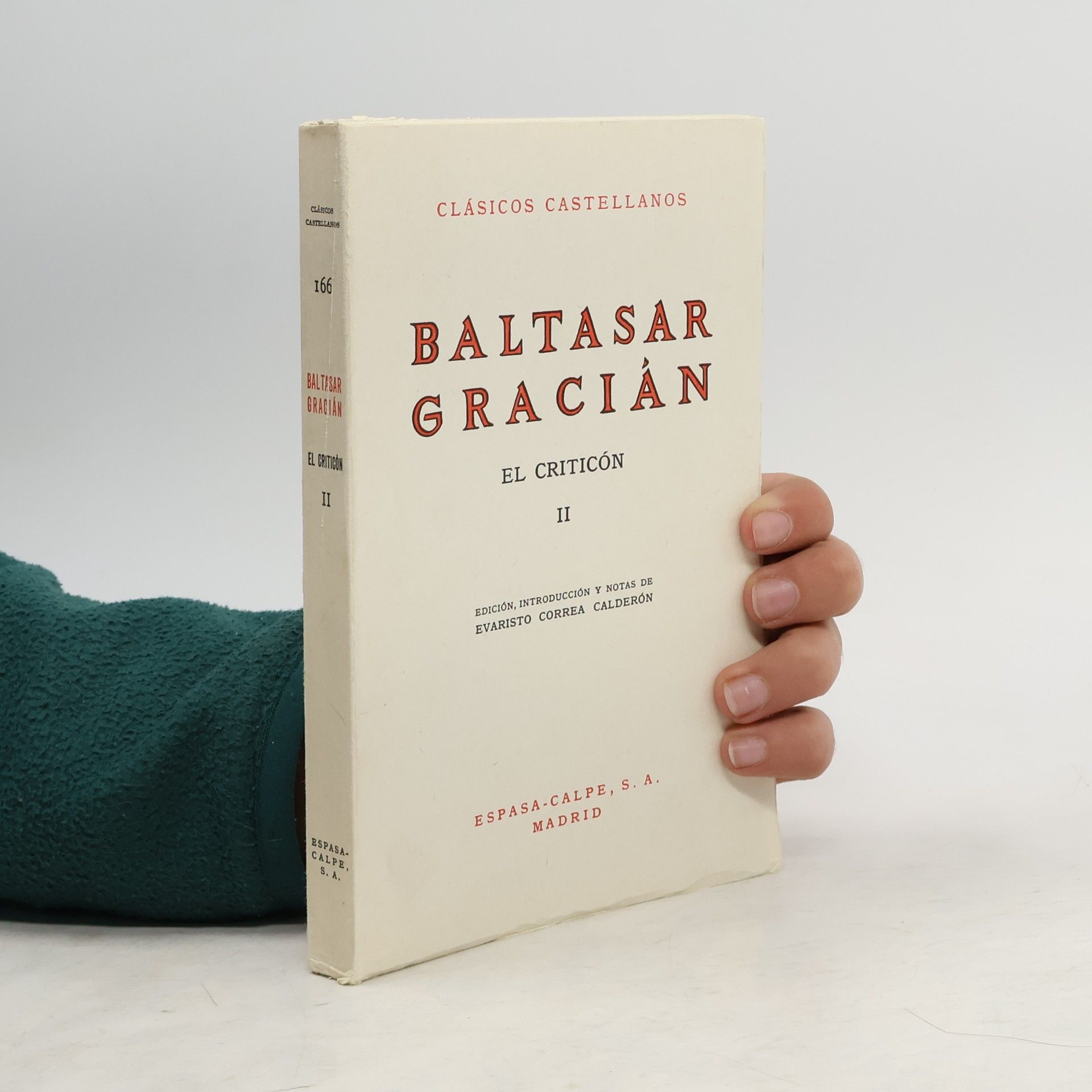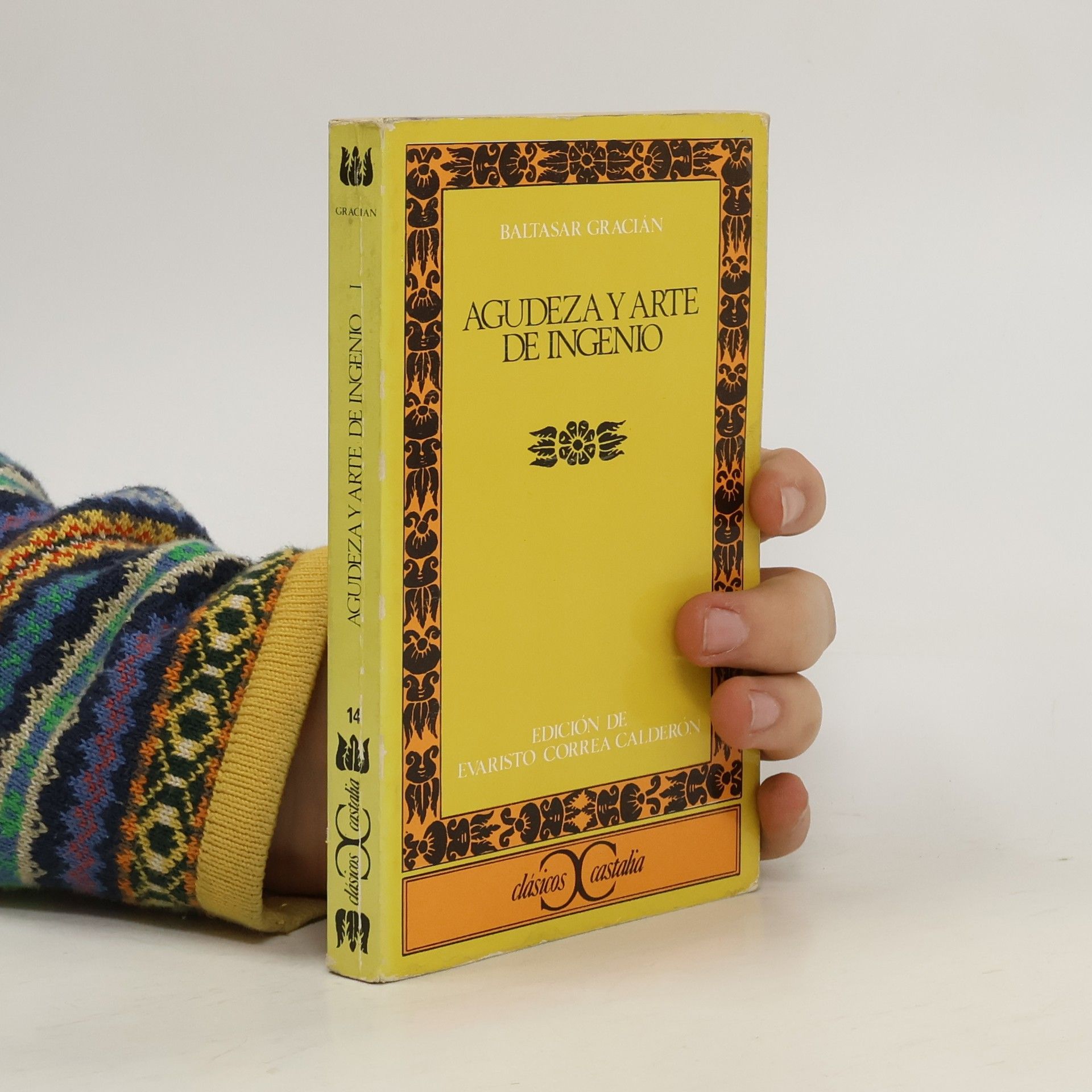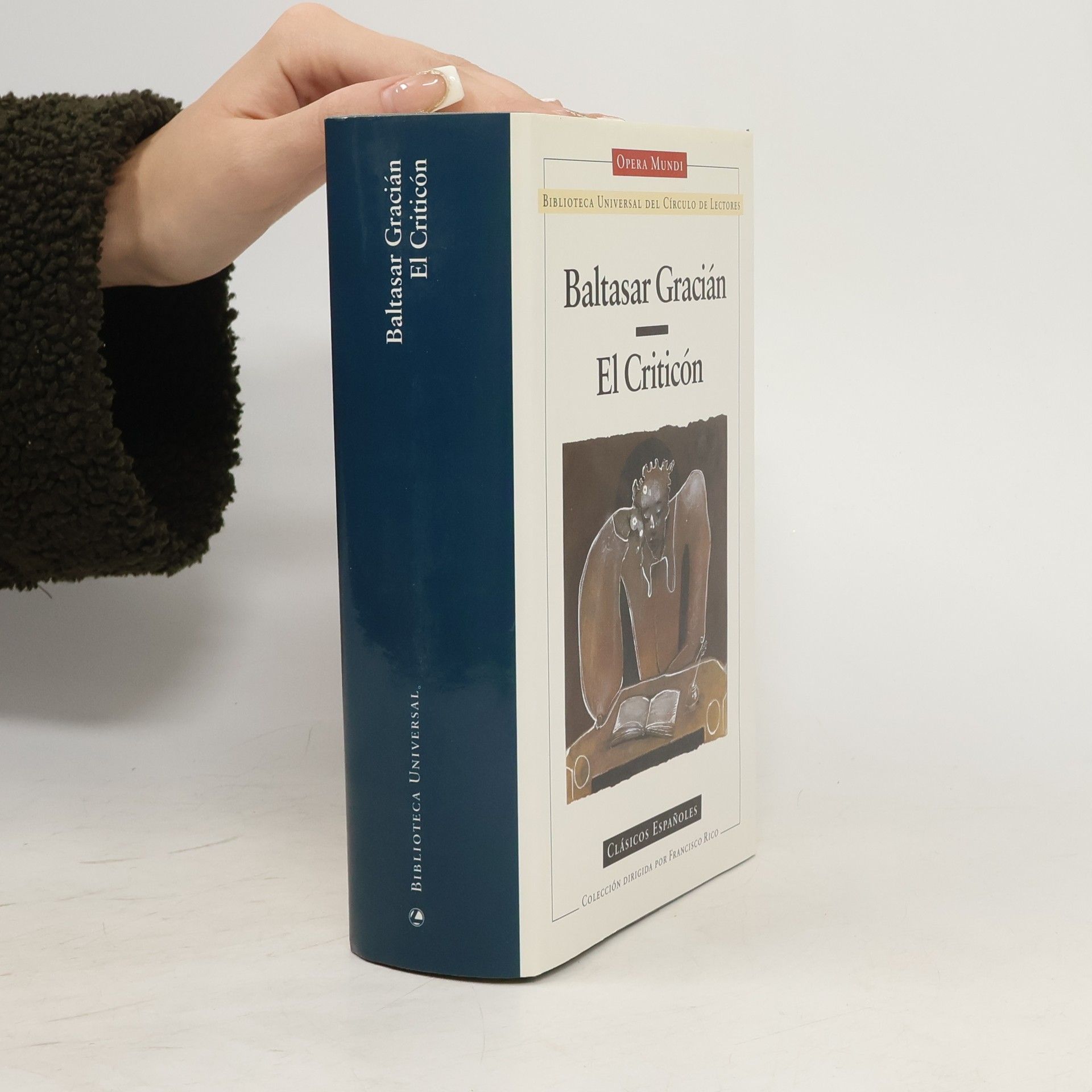The remarkable best-seller -- a long-lost, 300-year-old book of wisdom on how to live successfully yet responsibly in a society governed by self-interest -- as acute as Machiavelli yet as humanistic and scrupulously moral as Marcus Aurelius.
Baltasar Gracián Books
Baltasar Gracián was a Spanish Jesuit and prose writer of the Baroque period, renowned for his philosophical writings. His works, lauded for their depth and style, delve into proto-existentialist themes. Gracián stands as a foremost theorist and representative of the Spanish literary style known as Conceptismo, emphasizing wit and inventiveness. His writings offer timeless insights into human nature and the art of living.

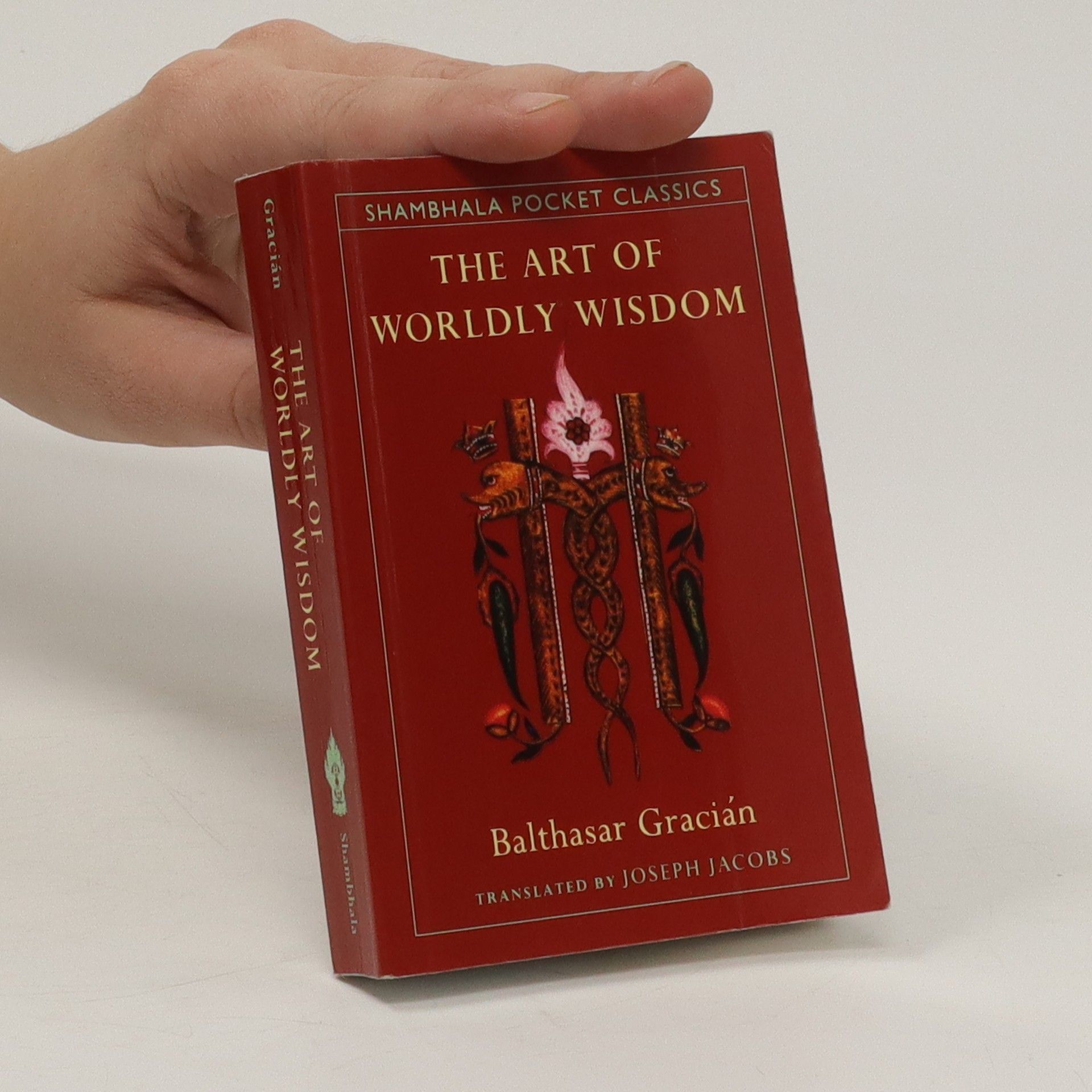


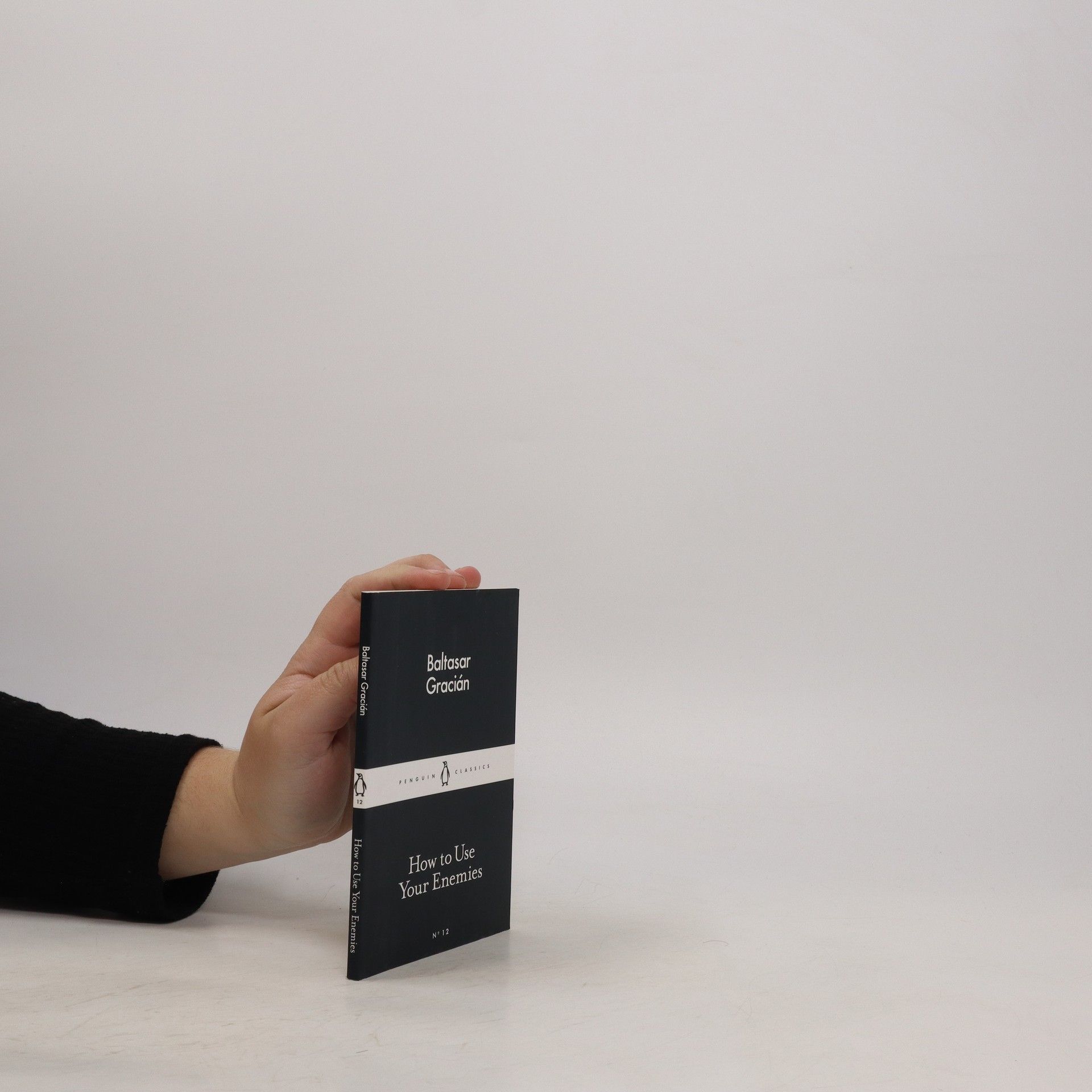
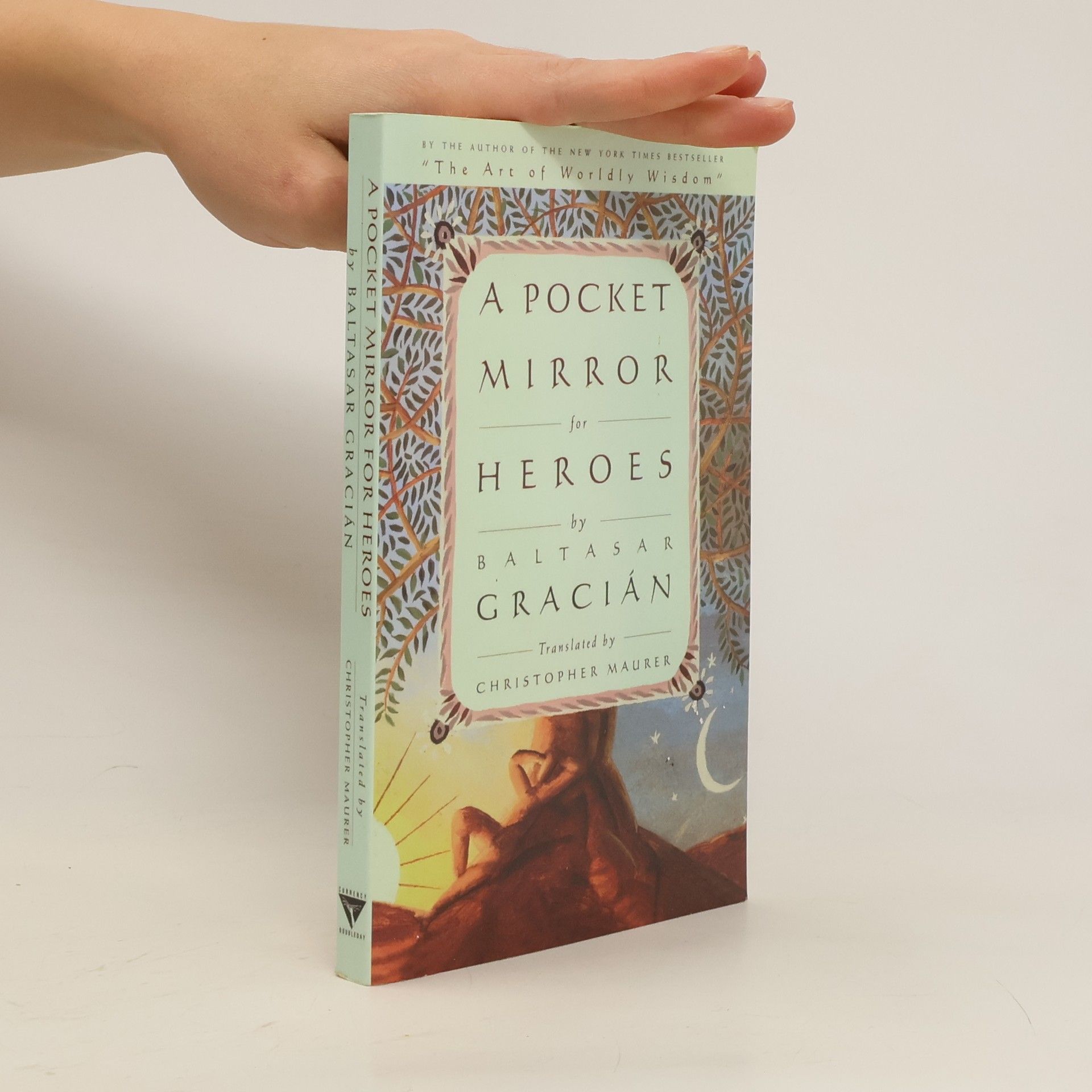
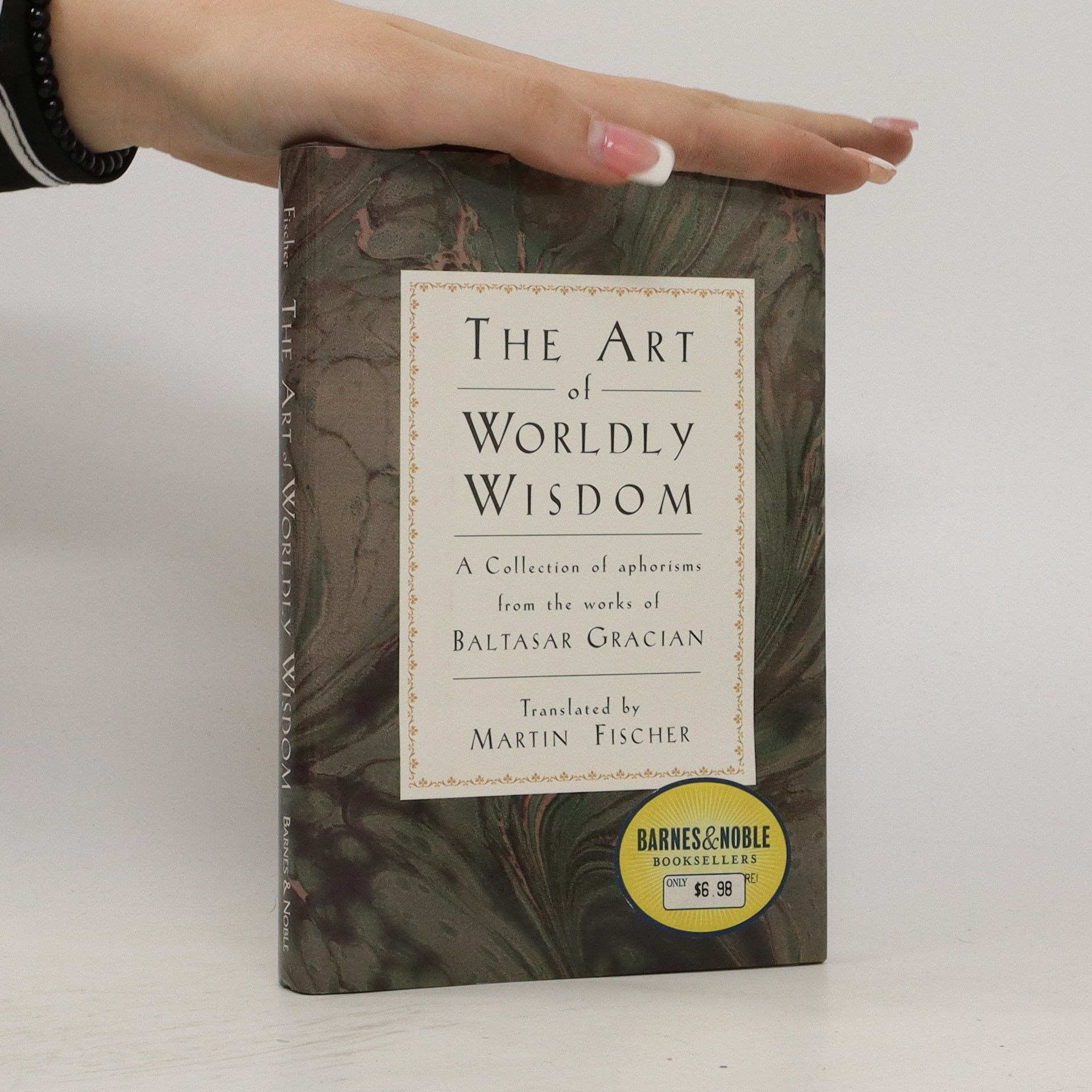
A Pocket Mirror for Heroes serves as a reflective guide, showcasing the person one is or aspires to be. Its author delivers concise wisdom, offering a vivid portrayal of ethical and moral perfection for all to strive toward. The Art of Worldly Wisdom by Baltasar Gracian, long forgotten until its 1992 republication, has become a New York Times bestseller. Gracian, a Spanish Jesuit, is often seen as superior to Machiavelli in strategy and insight, setting a new benchmark for living and achieving. This benchmark emphasizes heroism—becoming "the consummate person," characterized by accurate judgment, mature taste, attentive listening, wise speech, and shrewd actions. He encourages readers to embody greatness, to be "a miracle of perfection." Essential qualities for heroism include wit, wisdom, courage, elegance, grace, humility, and spontaneity. However, wisdom alone isn't sufficient; one must also learn to manage their talents and differentiate true qualities from their shadows. This work offers "a politics for governing oneself, a compass for sailing toward excellence, and an art for reaching distinction," making it a wise and witty companion for those who appreciate the challenges of daily life.
How to Use Your Enemies
- 56 pages
- 2 hours of reading
A seventeenth-century Spanish priest's shrewd maxims on using guile and pragmatism to succeed in a dangerous world.
"This jewel of a man is very gifted; I assure you that he contains great things." -- King Philip IV of Spain Almost four hundred years ago, in Zaragoza, Spain, Baltasar Gracián began to write what many modern-day scholars consider to be the most prolific and mysterious of his seven works, El Discreto: The Complete Man (1646). It is a treatise that describes the qualities that are needed for a man to become the center of perfection, as he experiences life and its spacious fields of time. Through his mystifying, divinized, and sacred style, he explores the themes of moral and political philosophy, literature, criticism, human nature, morality, and the complexity of social relationships. It is a discourse full of fables, metaphors, allegories, and wordplay that requires the reader to measure himself against the greatness of its matter in order to understand and benefit from its wisdom. Chained to a linguistic barrier for centuries, with its complexity making it nearly impossible to translate into English, this Spanish masterpiece has remained largely unavailable to modern readers until now. This fascinating book, which Friedrich Nietzsche referred to as "the finest and most complicated work to ever come out of Europe," contains all that is needed to become a Master or Matters and a Master of Men.
El Político
- 110 pages
- 4 hours of reading
Handorakel und Kunst der Weltklugheit
Gracián, Baltasar – Logik und Ethik – 14195
Graciáns epochemachende Schrift wurde seit 1832 (seit Schopenhauers übersetzerischer Großtat, die ein eigenes Original schuf) nicht mehr in die deutsche Sprache übertragen. Die gefeierte Neuübersetzung von Hans Ulrich Gumbrecht erschließt das Werk neu. Scharfsinnige wie pragmatische Ansichten bündelte Gracián in Maximen, die zum Selbstdenken und zur Selbstüberprüfung herausfordern und einen Leitfaden für ein besseres Leben bilden: Wie erlangt man breites Wissen, einen guten Geschmack? Wie geht man klug mit seinem Umfeld und seinen eigenen Leidenschaften um? »Sagen wir es unumwunden: Die neue Übersetzung des ›Handorakels‹ ist ein Glücksfall sondergleichen, in jedem einzelnen Paragrafen.« (Peter Sloterdijk, DIE ZEIT)
Agudeza y arte de ingenio I.
- 280 pages
- 10 hours of reading
Arte de Ingenio intenta estructurar el fenómeno poético con mayor y más sensible precisión, darle una nomenclatura original, destacar sus cualidades, en especial por lo que se refiere a la sutileza del decir o a la concentrada profundidad del pensamiento.A Gracián le preocupan esencialmente dos formas particulares de la expresió la agudeza y el concepto.Se declara conceptista, entendiendo por concepto el pensamiento artificiosa e ingeniosamente expresado; pero se esfuerza por mostrar sus gustos eclécticos.Es una obra de entusiamo juvenil en la que Gracián trata de mostrar todos sus saberes poéticos y retóricos, sus humanidades y sus numerosas lecturas. Alienta en el breve tratado un afán de novedad, una total ruptura contra las presceptivas clásicas, a las que trata de superar en el estudio y denominación de los fenómenos estilísticos, empleados por los escritores clásicos o de su tiempo, que sobresalieron por la agudeza de expresión o por la profundidad y novedad de sus conceptos.
